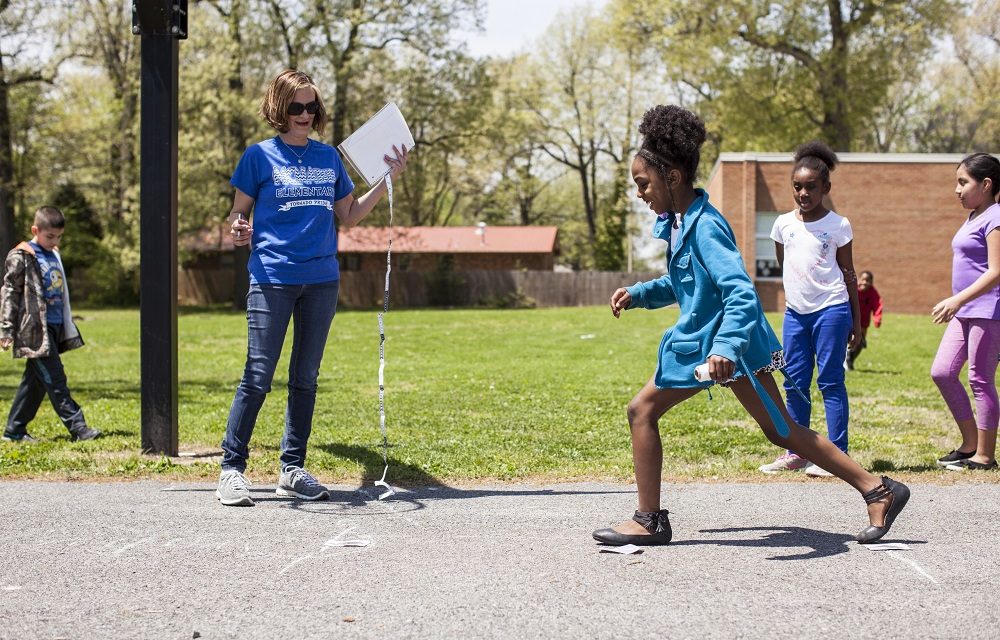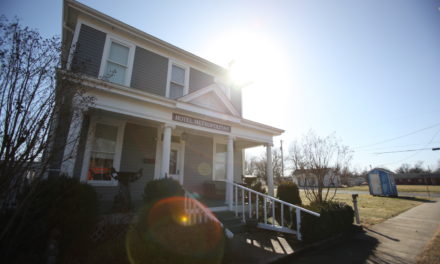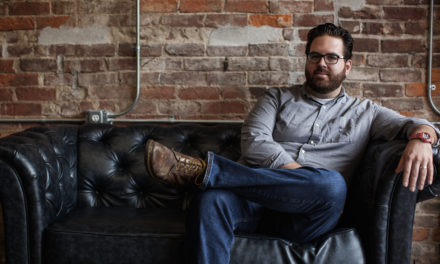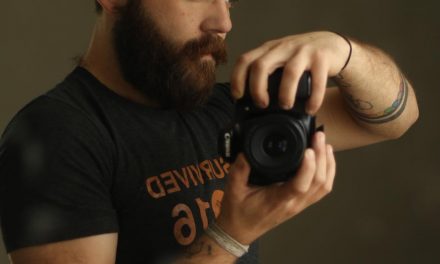May 7-11, 2018 is Teacher Appreciation Week.
It’s Teacher’s Appreciation Week! Our teachers are heroes who both educate and guide us. They love their students and sacrifice for them. While they often do not see the result of their hard work, the impact cannot be understated. It is because of our teachers that our community’s flourish. We all have teachers who played an instrumental role in helping us to develop into the people we are today. For me, it was Mr. Tobe Dulworth of the former Heath High School who encouraged a very shy girl to break out of her comfort zone and learn to express herself and communicate through the written word.
In honor of this week, we are shining a spotlight on four special educators who go above and beyond each and every day to positively influence the next generation of Kentuckians. Selecting just four professionals to honor this week was a difficult task. Before introducing you to these individuals, we’d like to say “thank you” to each and every man and woman who pours into our community’s youth in the name of education. You are appreciated!
Our Featured Educators

Jennifer Beyer McNabb Elementary
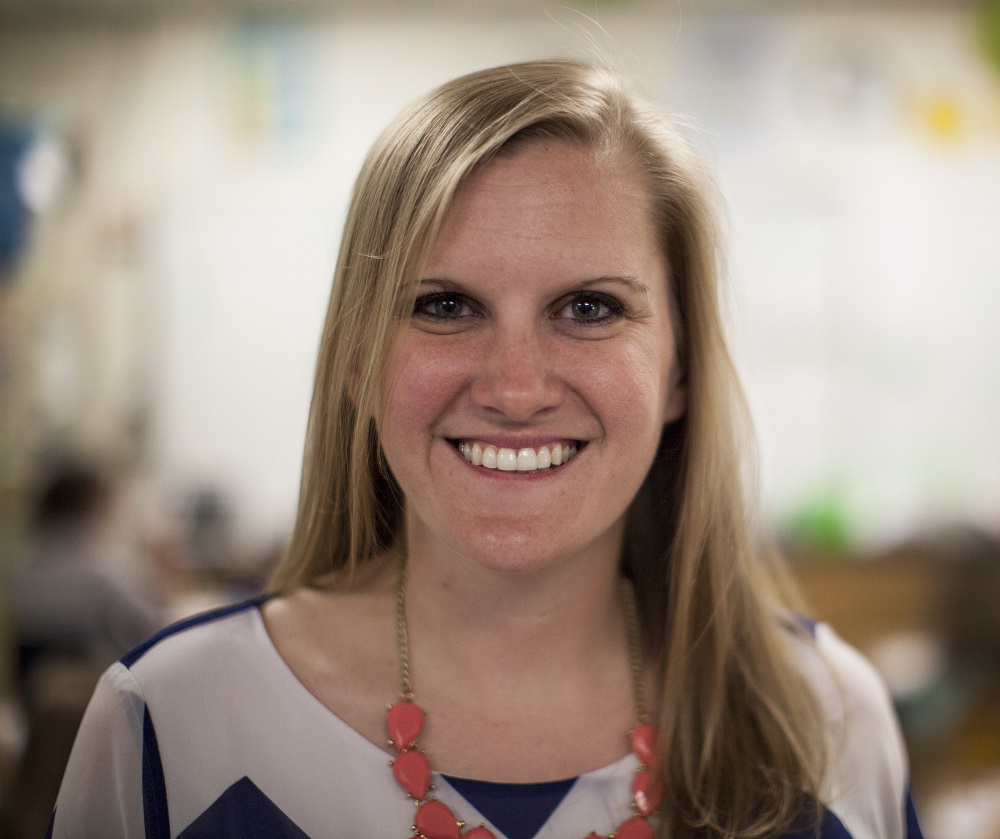
Erin Murphy Heath Elementary
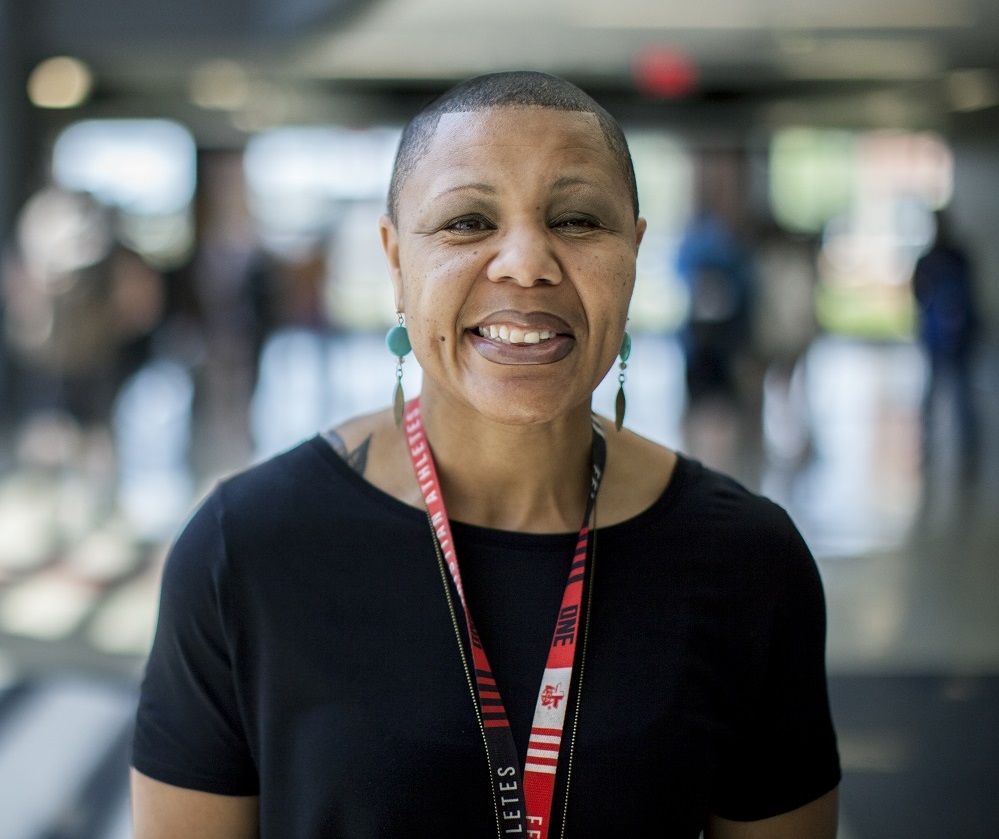
Stacy Thomas McCracken County High School
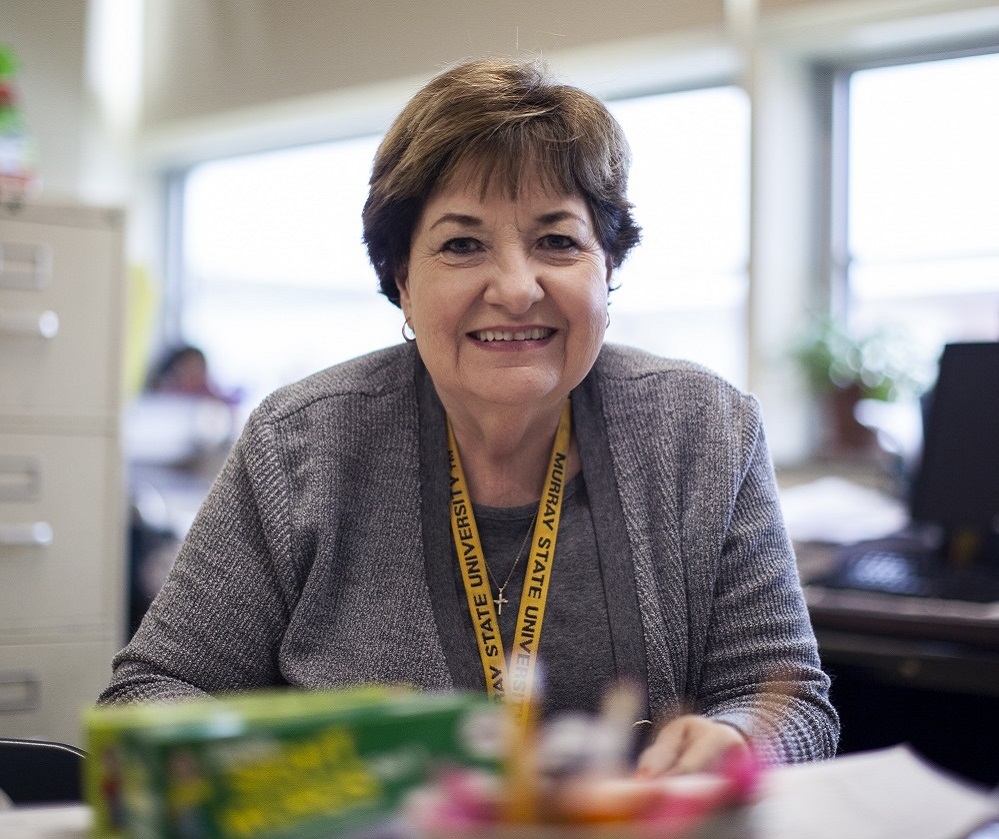
Ruthie Wiles Paducah Tilghman High School
Jennifer Beyer – STEM Lab/Specials Teacher
McNabb Elementary School
“Lifelong Asker of ‘Why?'”
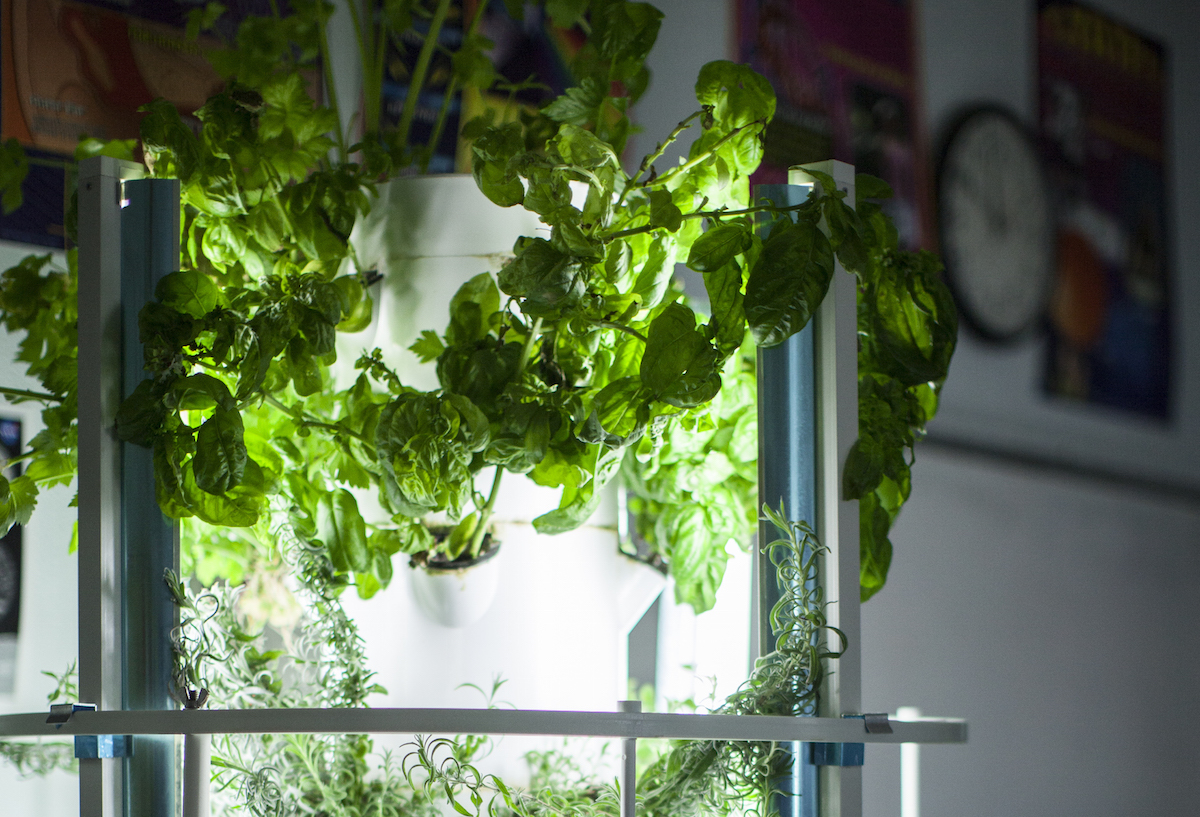
Jennifer Byer delivers Science, Technology, Engineering, and Mathematics (STEM) to 412 students each and every week at McNabb Elementary School. This program was specifically added as a rotation in the students’ daily schedule to ensure that all children received extra experience with hands-on study and exploration in these areas outside the classroom. This school year the state K-Prep test includes a science component. Administrators recognized the importance that students feel confident in their abilities for that test. Ms. Beyer was just the teacher to deliver!
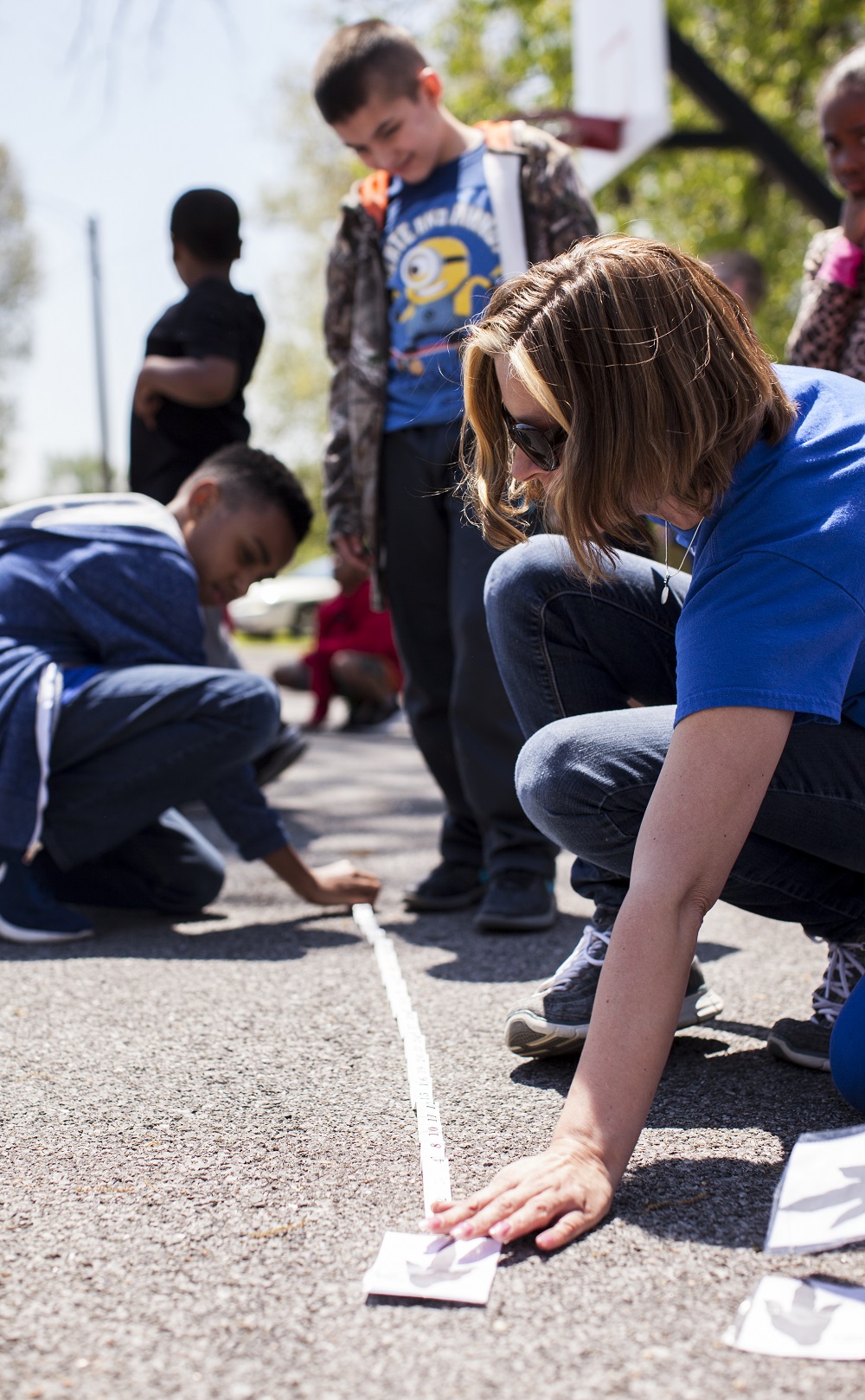
Ms. Beyer’s curriculum is modified to meet the needs of each grade level’s science curriculum and goals. McNabb’s lab works with the Food Service program at McNabb and with the Paducah Independent School’s Board of Education pioneering hydroponic garden towers in the lab and serving fresh in-house grown produce salads in the school’s cafeteria.
“My personal goal is to instill a love of science learning early so that our students can see the possibilities for future careers, life-long learning, feel ready to make informed decisions about how to best be a conscientious Paducah citizen, but also a citizen of our global community and how STEM/STEAM can empower us all. ”
Ms. Beyer credits her parents, Jerry and Rhonda Beyer, for sparking her passion for STEM. She describes herself as a curious child whose parents encouraged her to ask the “Why” questions. She was encouraged to explore and to make messes.
“Mom learned I loved rainbows and would put prisms in all the windows. She made sure to explain the science of the spectrum of light. I wanted to know where my food went when I ate. Dad would get out encyclopedias and anatomy books and explain the process. If they didn’t know the answer, they gave me the tools and skills to “Look it up!” I love knowing what is out there. I love knowing what is possible. I love finding out how things work and why they work the way they do. Life is a beautiful thing. I feel it has always been my calling to pass on that excitement for learning that my parents instilled in me. I have a daughter and a son to raise that way. But then, how profoundly blessed to be able to have 400+ more daughters and sons (because my students are my children) to be able to invest in with what I know and can continue to find out.” (Ms. Beyer also reflects fondly on her high school science teacher, Mr. Tony McGroarty, whom she credits for helping to build her confidence in pursuing science throughout her educational career.) The STEM field is often one that feels inaccessible to many students, especially when it is not introduced in a manner that is fun, natural and connects students to their everyday world. When asked how she engages all students, this was her response:
“I like to refer to our program as the STEAM program…throwing a little Art into the mix of Science, Technology, Engineering, and Math. I think that makes the program accessible to all student. I teach my students to express, answer, show, and design. We look at possibilities and then test what works and what doesn’t work. We test again. I work on building their own class scientific community. Real jobs in STEM require collaboration. Real jobs in STEM require creativity. It’s accessible to all because everyone has something valuable to contribute. They contribute their curiosity and their ideas. I’ll quote my favorite scientist, Neil deGrasse Tyson:
“I’m often asked by parents what advice can I give them to help get kids interested in science? And I have only one bit of advice. Get out of their way. Kids are born curious. Period.”
Erin Murphy – 4th Grade Teacher
Heath Elementary School
“The Queen of Differentiation”
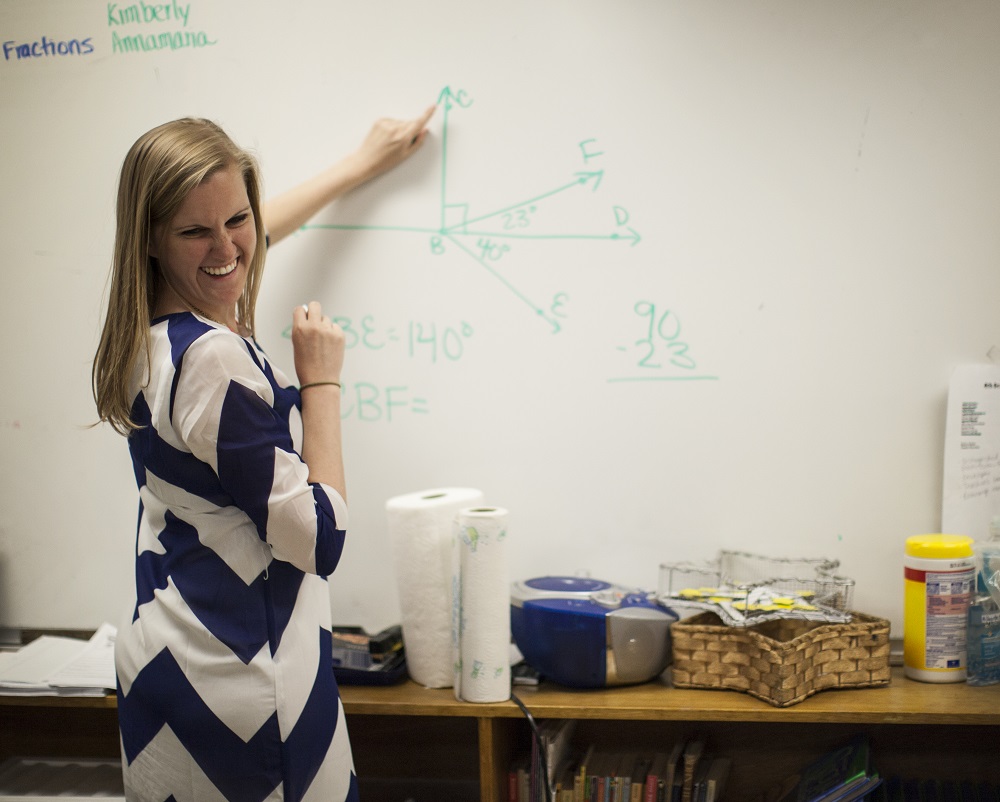
Heath Elementary School’s Erin Murphy has been hailed the Queen of Differentiation. She doesn’t just create a teaching plan for each lesson. She creates multiple plans meant to accommodate the multiple learning styles present in her classroom spending up to 70 hours a week planning and executing her lessons.
“Each student learns differently and we have to accommodate to that learning style to make sure they can reach their full potential,” explains Ms. Murphy. I am a strong believer in cooperative learning and think that students can learn just as much from one another as they can from me. So when we are doing class discussions or completing a challenging math problem, my higher learners might only be able to ask their peers guiding questions instead of telling every answer and solving each problem for their team. When I am modeling the steps they can use to complete a question, I will often ask my students if anyone wants to share another way to solve this problem. The methods my students share often help other students better understand the concepts that are being taught.”
Learning in Ms. Murphy’s classroom doesn’t end when the students complete their assigned work. Her classroom contains an “I’m done, now what” buckets students go to based on a colored sticker present on their desk. Tasks in the buckets are content areas they can improve on. This may be challenging questions or research opportunities for students who have mastered their skills or manipulatives to help struggling students further gain a deeper understanding of the lesson taught in class. They may need to even have the steps written out for them or fewer problems to complete (to prevent getting overwhelmed and frustrated). Ms. Murphy also inspires her students to be teachers. Her principle: “If they can teach it, they know it.”
Students participate in cooperative learning through team huddles, think pair shares, and other group learning activities. Learning content is reviewed regularly throughout the school year to help students retain what they have learned. Instead of me being constantly at the board reviewing, the students will be picked (sometimes randomly) to explain how to answer a question. Their expectation is to explain every step they complete and tell why they are doing those steps. We play “puppeteer” games where the kids will be partnered up to explain the steps to complete a problem and their partner has to do each step their partner says. Most recently, we have been preparing for our standardized testing. After discussions in class to review our content, some students have been picked to write and teach a lesson during our flex time.
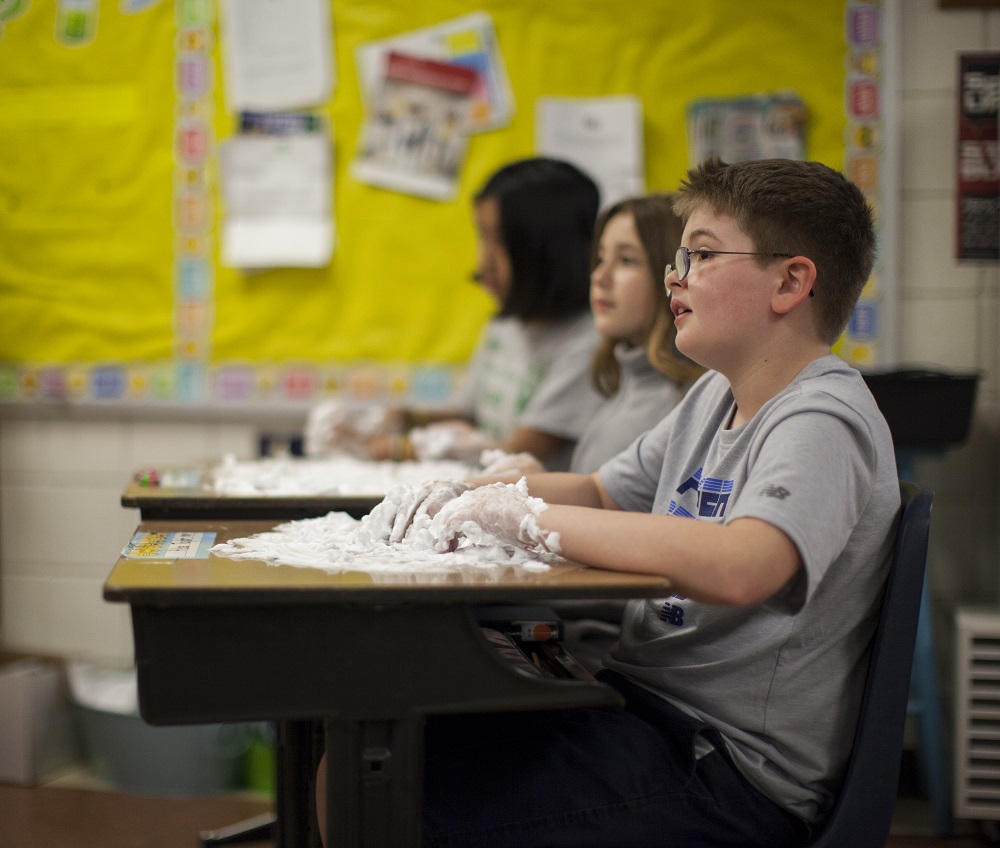
They have picked the manipulatives they will use, written questions they want to ask, explained the purpose of the game, and written problems they want their students to be able to answer. They have truly amazed me with this task! Many have helped students find mistakes in their work and the reasons for those mistakes. They have even had their students write word problems once they have mastered the skill.
“I don’t know I consider myself a Queen of Differentiation. I just really want my students to find ways to be successful, challenged, and confident in their work. Teaching is my passion. I love coming up with new ways to teach my content instead of looking at the plans from previous years. Whether it’s creating something on my own or finding ideas from other teachers, each year is a clean slate with a whole new group of kiddos so you have to have fresh new ideas. I also love watching the growth in my students and the confidence they build throughout the year. Most importantly, my students keep me teaching! I don’t have any children of my own so my students feel like family to me. Each year, they take a piece of my heart when they move on to the next grade level. That’s the most rewarding part: the relationships that are built. My students are very special to me and I hold dear the bond we build.”
Stacy Thomas – Youth Service Center Coordinator
McCracken County High School
“The Person You Needed as a Child”
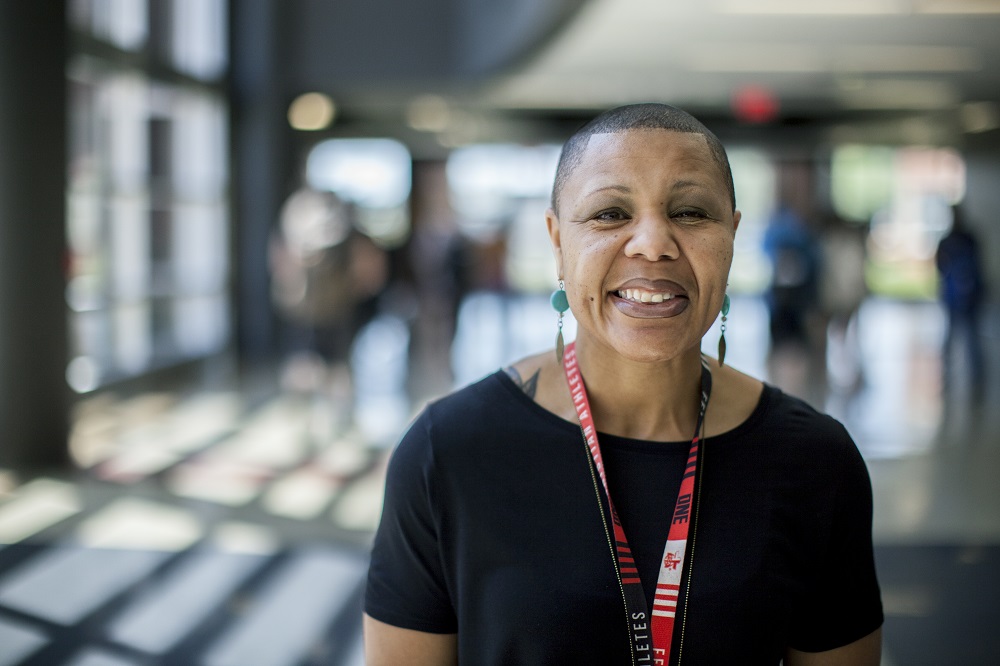
Stacy Thomas is the Youth Service Center Coordinator at McCracken County High School. While she does not hold a teaching degree, the life lessons she provides to the students at the high school are nothing less than life-changing qualifying her, in our book, as an extraordinary educator. The primary goal of Family Resource and Youth Service Centers are to remove nonacademic barriers to learning as a means to enhance student academic success. Over 40% of McCracken County High School students qualify for the free and reduced lunch program thus qualifying them for the grant funded programs that the McCracken County Mustangs Youth Services Center provides. Students’ needs are not limited to food, shelter, and clothing, however. Ms. Thomas’ goal is to address the holistic needs of every student, regardless of their household income.
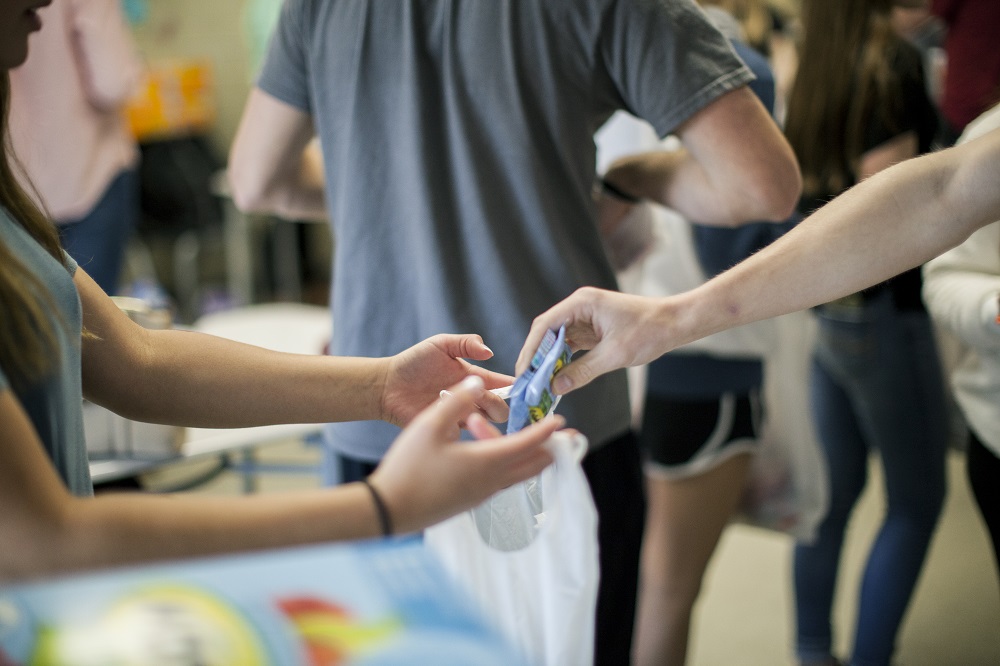
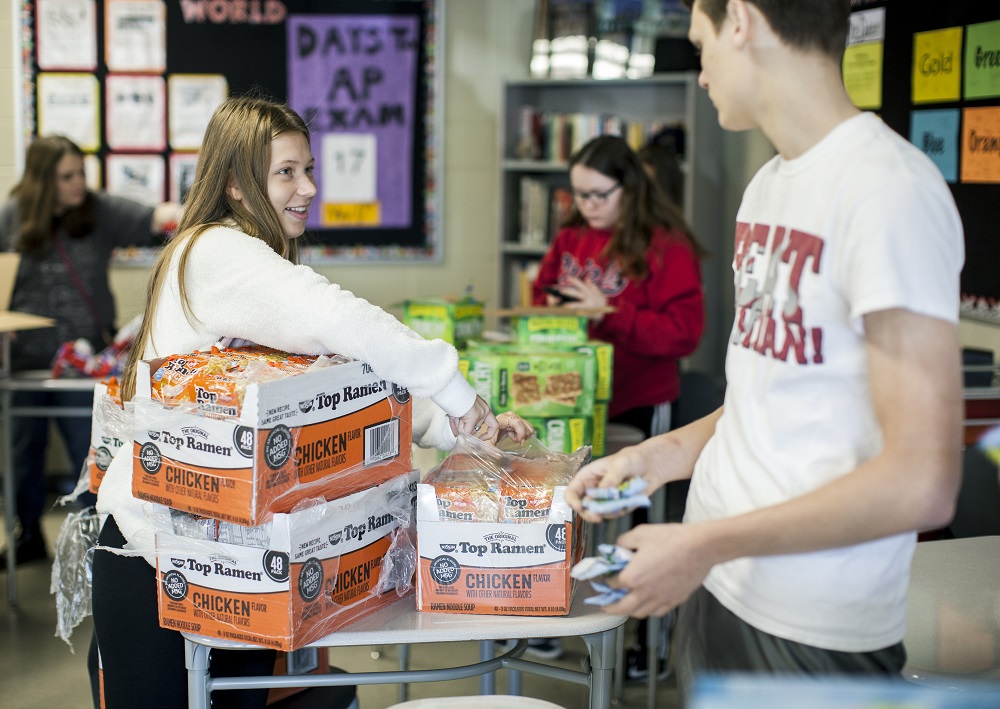
“When children are in elementary school, they don’t realize they are different from other kids in terms of household income and access to resources,” explains Ms. Thomas. “Kids are just kids. They don’t give a second thought to proudly wearing a new pair of shoes given to them by a teacher or packing home food in their backpacks on Friday evenings to sustain them through the weekend. By the time a child reaches high school, however, they know the stigma associated with poverty. They are far less likely to ask for what they need and a result suffer in silence. The outcome is poor performance in school that leads to reduced success rates after school. Our programs level the field. We lead with programs that are beneficial to every student. In the process, we are able to identify those kids that need a little something extra and connect them to the resources they need in a discreet manner.”
In her role, Ms. Thomas must engage and maintain relationships with parents, community members, faculty and students to address the always changing needs of our community and the challenges faced by her students. If we are to succeed as a community, we must unite as one. Anyone who has worked in the grant world knows that funding is always limited and never a guarantee. It’s with this in mind that Ms. Thomas reserves her limited budget for students with significant needs while leveraging community resources already in existence to fill the remaining gaps. This results in non-duplication of social services in our area.
Ms. Thomas’ programs are available to all students and include life skill programs to prepare high school students for the transition to secondary education and career opportunities. These include, but not limited to, college preparation, job development, resume building, and mock interview sessions are all coordinated between Ms. Thomas, teachers and business leaders from throughout our community. Additional programs address the challenges that teens often face as they transition from children to adults. These programs include topics such as substance abuse, healthy relationship, social media awareness, distracted driving, and health/mental wellness. She leverages these all-inclusive programs to build relationships with her students. Ms. Thomas gift is not just her ability to coordinate people, places, and things to stretch limited funding to meet the needs of nearly 2,000 students at MCHS.
What sets her apart is her passion fueled by her electric personality. She’s real with her students, addresses tough topics head-on, and as a result is able to quickly gain their trust and identify other needs that, when properly addressed, keep children from falling into the shadows.
“I didn’t get into this work for the ‘thanks.’ I got into this work to try to make a difference. I was ‘that kid’ who needed the extra help in many ways. Kids know we are trying to help and if I can get them to see beyond their present circumstances to where they could be, that’s my reward. The opportunity to be that person to today’s students is an honor for me.”
Ruthie Wiles – English as a Second Language Teacher
Paducah Tilghman High School
“Making Paducah Home to Students From Abroad”
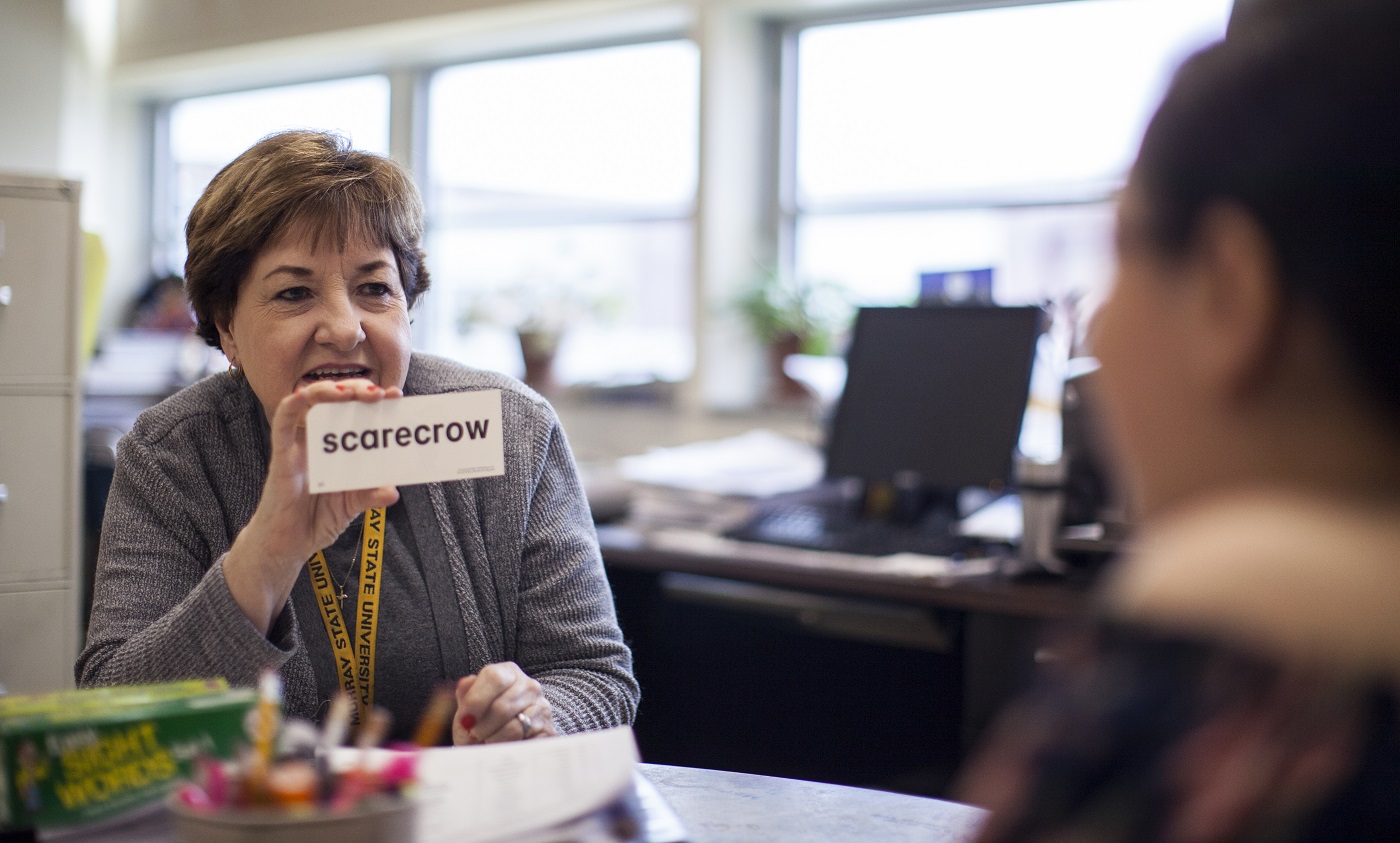
Ruthie Wiles is the veteran teacher among this group. For the last two decades, she has been teaching English as a Second Language (ESL). Her career in ESL shortly after moving to Paducah and starting a job as a substitute teacher. She as assigned to tutor a child from China who spoke no English. Just two weeks after she started tutoring this young lady, two more students arrived from China….then two more…and soon she found herself teaching seven students, all Chinese. She spoke Mandarin. They spoke no English. The following school year she was hired full-time and had 10 students from China in her classroom. Over the years, she has taught English at Paducah Tilghman High School to an eclectic mix of nationalities.
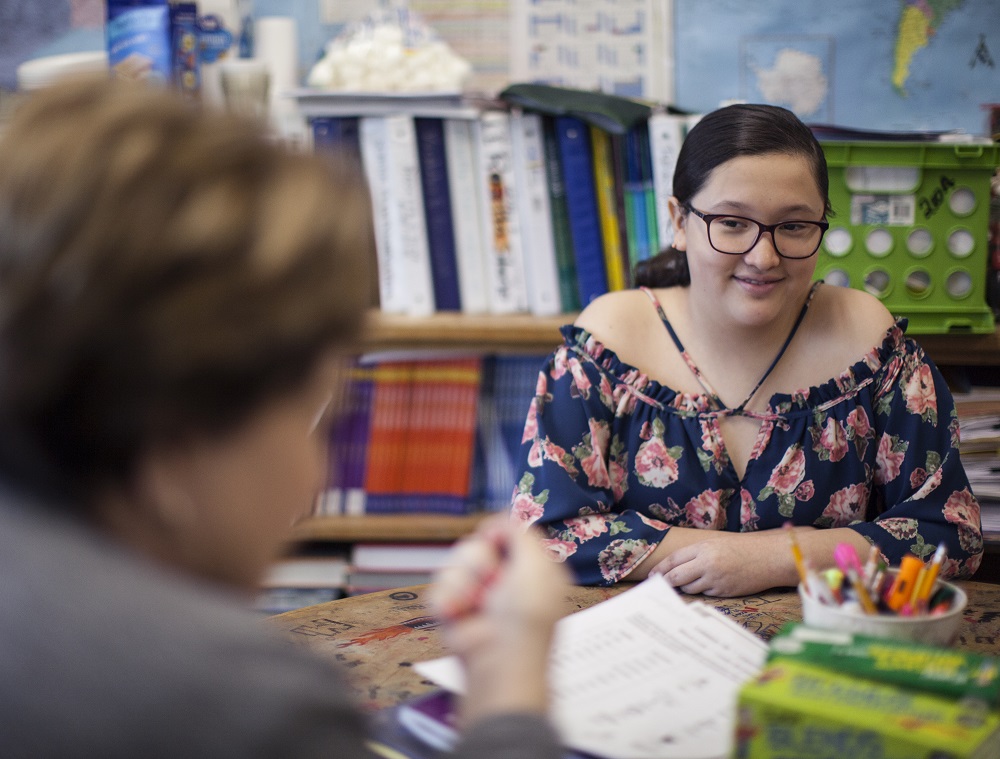
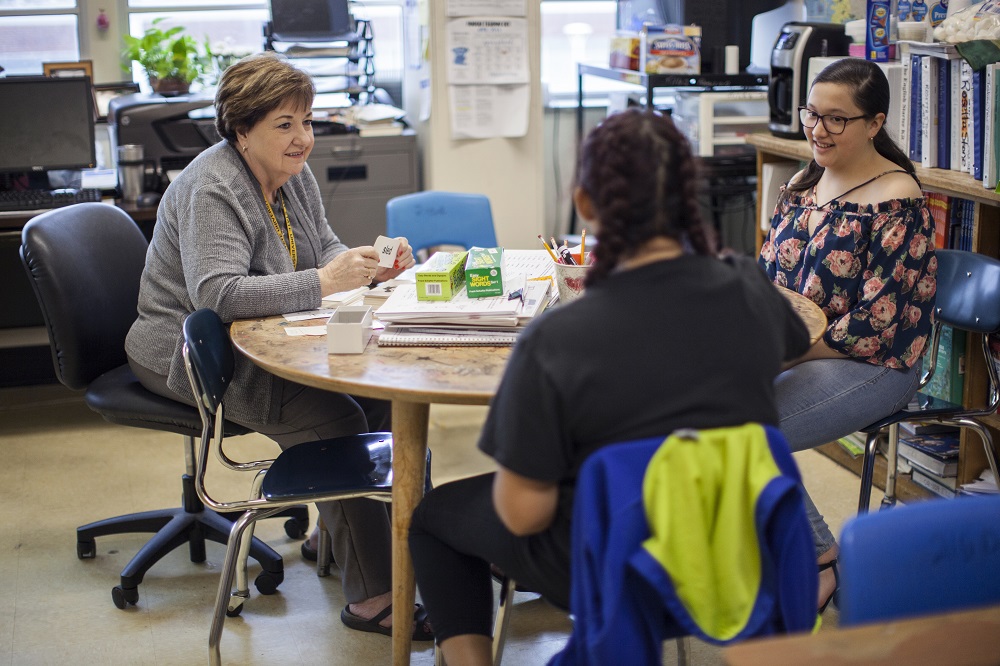
“Today I have mainly Hispanic students from Guatemala, El Salvador, Mexico as well as students from China, Vietnam, and Ethiopia. I have had students from Palestine, Russia, Japan, India, Iran, Puerto Rico, Honduras, Columbia, and Brazil, and worked with Foreign Exchange Students from Spain, France, Belgium, Mongolia, Thailand, as well as Brazil and Columbia.
I do not speak any of those languages, although when people ask, I like to joke and say ‘Sure, I speak them all.’ This is not true, of course. Just English. But then English is what I am teaching. When I have a lot of students speaking many languages, it gets interesting and fun. They have to speak English to each other if they want to communicate because that is the only language they have in common. It is so much fun to watch them!”
Ms. Wiles dedication to her students extends far beyond an English classroom. Over the years she has helped students with other subjects like cooking, sewing, art, math, science, social studies, and computers. She set a goal for herself to learn with them so she’d know how to help them. At one point her classroom had a sewing machine set up in it. She took her students shopping for fabric and helped them learn to read a pattern. She’s taken her students to art shows, the Quilt Show, a working farm in the fall, visits to the pumpkin patch for Halloween, and other cultural event that allows them to see the world we live in here in Paducah, ensuring they feel a part of it. Ms. Wiles does not allow language barriers to prevent her students from experiencing high school any differently than their peers. She encourages them to join sports teams, go to games, and join extracurricular activities. This not only helps them feel part of this community but also gives them greater opportunities to use their developing English skills.
“I never thought I would love teaching ELLs so much. They are very special people. These students want to learn and most are very aggressive about it. My greatest reward is seeing one of my students succeed in learning English but also succeeding in life. Many have gone to college or technical schools. They have a great life and now some are married with children. I do not feel that I just teach English; I also teach culture. I do not want to change my students’ culture, but I want them to feel comfortable in ours. We try to embrace each other’s cultures and celebrate holidays like Independence Day in Latin America, Chinese New Year, or the Moon (Autumn) Festival. They made posters for Earth Day since that is a global problem.” Ms. Wiles believes that teaching English as a Second Language is a calling:
“If you are going to be a teacher, you must love teaching kids and seeing them learn. That is a given. You must have a passion for teaching and compassion for your students. You must show them discipline and love at the same time. You are not just teaching a subject matter but skills that they can use. When I taught Math, I taught Geometry and I tried to teach skills like logic that I knew the students would use later in life, no matter what career or job they chose. Most important for any teacher to learn is to be flexible!”
Partake in Paducah salutes all our Kentucky teachers for their selflessness and dedication to our youth. We encourage our readers to take a moment to thank the teachers in your lives.
Need ideas on how to honor them? Check out this link: 20 Ways to Honor a Teacher.

